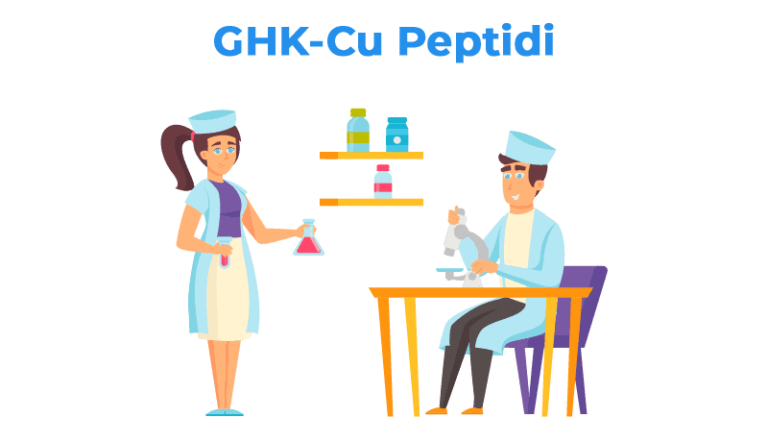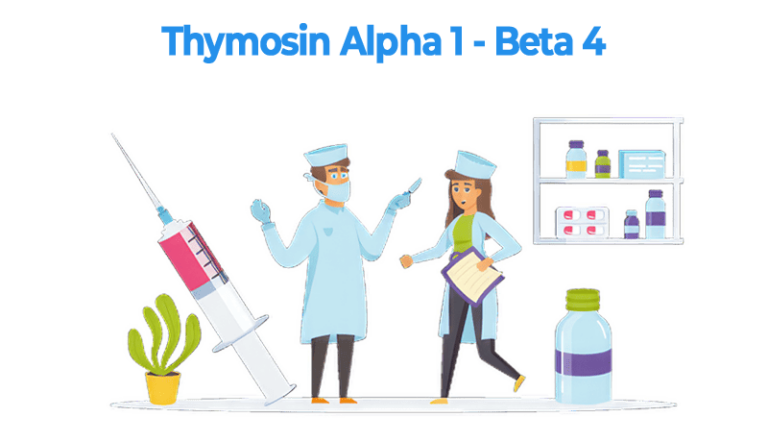Dr. Ahmet Özyiğit was born in 1981 in the Famagusta district of Cyprus. Ozgen and Dr. He is the youngest of Savaş Özyiğit's three children.
After completing his high school education at Türk Maarif College in 1998, he completed his undergraduate and graduate studies in economics in the American state of Kansas. Özyiğit, who later completed his doctorate education in the same field of science, published many articles in this field.
Özyiğit, who later became interested in medical science, studied medicine at the University of Nicosia Faculty of Medicine. In addition to this education, he received his master's degree in Clinical Embryology from the University of Leeds and postgraduate education in Endocrinology from the University of South Wales.
With an eclectic academic background, Dr. Özyiğit continues his clinical studies, especially on weight loss, metabolism and healthy aging. An active member of the American Academy of Anti-Aging Medicine, Dr. Özyiğit applies anti-aging, weight loss and brain function improving treatments to his patients.

Wellness and Anti-aging Applications

Wellness and Anti-aging Applications
What is BPC 157 – Body Protective Compound?
BPC-157 is the abbreviated name of the peptide called body protective compound. When translated into Turkish, it means something like a body protective compound. The peptide called BPC has been the subject of many scientific studies in the last 10 years thanks to its healing properties.
BPC-157 was first synthesized from gastric fluid in the stomach. Later, it started to be produced in a laboratory environment. This peptide, which is 15 amino acids in length, has become very popular especially in sports injuries and orthopedic problems in older ages due to its superior success in wound healing.
BPC-157 peptide is a peptide that stands out for supporting tissue repair in the body and reducing inflammation. This peptide, according to some research, may have the following potential benefits:
1. Wound and Tissue Repair: There are scientific studies showing that BPC-157 has healing accelerating effects in tendon, muscle and connective tissues (1). Studies show that the wound healing property of BPC 157 is achieved by dissolving the vascular narrowing, the primary platelet plug, the fibrin network that serves to stabilize the platelet plug, and the clot (2). Therefore, BPC 157 is effective in opposing bleeding disorders as well as in wound healing. Similarly, BPC 157 can prevent and/or alleviate atherosclerosis (2). In this case, it is possible to say that it may be especially protective against cardiovascular diseases.
2. Stomach and Intestinal Health: There is research showing that BPC-157 has restorative effects on the stomach and intestinal tissue. Many scientific studies on this subject show that BPC 157 may play an active role in different tissue damages by using different mechanisms. For example, it is known that frequent use of the drug group known as NSAIDs causes stomach damage and may cause problems such as reflux, gastritis and ulcers. Studies have shown that BPC 157 is quite successful in healing the damage caused by NSAID drugs (3). In the study, statistical differences were observed in both liver enzymes and the number of lesions in the stomach and intestinal axis between the two groups using and not using BPC 157 after diclofenac consumption.
In addition to its success in the treatment of stomach ulcers, BPC 157 also exhibits a special wound healing effect in the treatment of inflammatory bowel disease (IBD) (4). It has also been shown to interact with the NO system, providing endothelial protection and angiogenic effects even in severely impaired conditions. In this context, it is possible to say that it has healing effects as well as protective effects at both the stomach and intestinal levels. Some of these protective and healing effects are possible by BPC 157's ability to redirect blood circulation and provide the necessary support to the damaged area after damage (5).
3. Heart Health: Drugs with different mechanisms such as Lidocaine, Doxorubicin, Haloperidol may have negative effects on the heart. In animal studies, administration of BPC 157 following the damage caused by these drugs has shown that damage such as ventricular tachycardia, bradycardia, T wave elevation, QTc prolongation and asystole can be completely resolved in mice. Additionally, it has been shown that BPC 157, even with a single administration, managed to control right heart failure, increased P wave amplitude, tachycardia, and ST elevation caused by acute thrombotic coronary occlusion in mice (6, 7, 8).
In short, BPC 157 reveals very important findings in different tissues and organ systems both in laboratory settings and in animal studies. There are similar findings in limited human studies, but the number of studies is still insufficient. The most important finding is that BPC 157 is safe for human use and no side effects are observed even at high doses. It is very likely that this treatment, which is currently applied in leading wellness and anti-aging centers in America, will be used even more widely in the coming years as more studies emerge.
References:
1. Staresinic M, Sebecic B, Patrlj L, Jadrijevic S, Suknaic S, Perovic D, et al. Gastric pentadecapeptide BPC 157 accelerates healing of transected rat Achilles tendon and stimulates tendocytes growth in vitro. Orthop Res. 21(14-15) (2003), pp. 976–983.
2. Seiwerth, S. et al. Stable gastric pentadecapeptide BPC 157 and wound healing. Frontiers in Pharmacology, 2021; 12.
3. S. Ilic, D. Drmic, S. Franjic, D. Kolenc, M.Coric, L. Brcic, et al. Pentadecapeptide BPC 157 and its effects on a NSAID toxicity model: diclofenac-induced gastrointestinal, liver, and encephalopathy lesions. Life Sci, 88 (11-12) (2011), pp. 535-542.
4. P. Sikiric, S. Seiwerth, R. Rucman, B. Turkovic, DS Rokotov, L. Brcic, et al.
Focus on ulcerative colitis: stable gastric pentadecapeptide BPC 157
Curr Med Chem, 19 (1) (2012), pp. 126-132, 10.2174/092986712803414015
5. P. Sikiric, R. Rucman, B. Turkovic, M. Sever, R. Klicek, B. Radic, et al.
Novel Cytoprotective Mediator, Stable Gastric Pentadecapeptide BPC 157. Vascular Recruitment and Gastrointestinal Tract Healing
Curr Pharm Des, 24 (18) (2018), pp. 1990-2001, 10.2174/1381612824666180608101119
6. M. Lovric-Bencic, P. Sikiric, J. S. Hanzevacki, S. Seiwerth, D. Rogic, V. Kusec, et al.
Doxorubicine-congestive heart failure-increased big endothelin-1 plasma concentration: Reversal by amlodipine, losartan, and gastric pentadecapeptide BPC157 in rat and mouse
J Pharmacol Sci, 95 (1) (2004), pp. 19-26, 10.1254/jphs.95.19
7. M. Lozic, V. Stambolija, I. Krezic, A. Dugandzic, G. Zivanovic-Posilovic, S. Gojkovic, et al.
In relation to NO-System, Stable Pentadecapeptide BPC 157 Counteracts Lidocaine-Induced Adverse Effects in Rats and Depolarisation In Vitro. Emerg Med Internat, 2020 (2020), pp. 1-20, 10.1155/2020/6805354
8. D. Strinic, Z. Belosic Halle, K. Luetic, A. Nedic, I. Petrovic, M. Sucic, et al. BPC 157 counteracts QTc prolongation induced by haloperidol, fluphenazine, clozapine, olanzapine, quetiapine, sulpiride, and metoclopramide in rats
Life Sci, 186 (2017), pp. 66-79, 10.1016/j.lfs.2017.08.006



